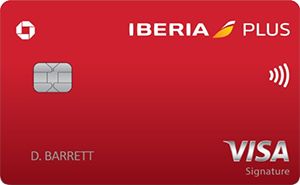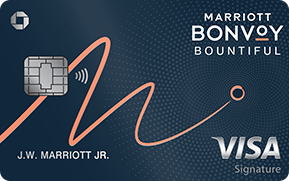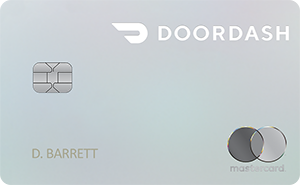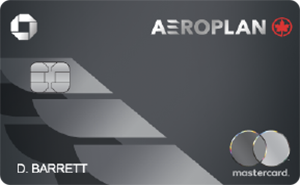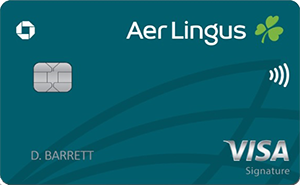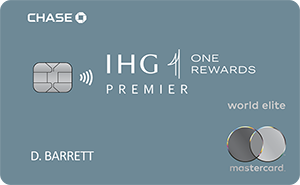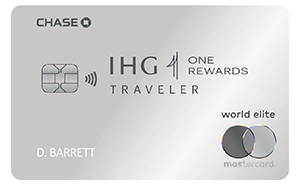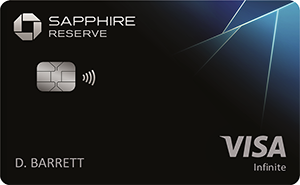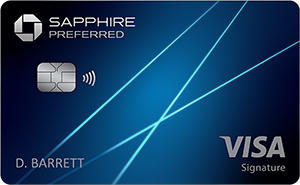Chase Rental Car Insurance: Everything You Need To Know Before Your Trip

If you have a Chase credit card, it may include rental car insurance to protect you if you are in an accident in a rental car, or your rental car is stolen. Chase credit cards that have this benefit include:
Not all cards have the same level of coverage, however, so it’s important to understand the benefits you are entitled to for your particular card.

400+ Credit Cards
Analyzed independently across 50+ data points in 30+ product categories

Reviewed
By a team of credit card experts with an average of 9+ years of experience

Trusted by
More than one million monthly readers seeking unbiased credit card guidance
CardCritics™ editorial team is dedicated to providing unbiased credit card reviews, advice and comprehensive comparisons. Our team of credit card experts uses rigorous data-driven methodologies to evaluate every card feature, fee structure and rewards program. In most instances, our experts are longtime members or holders of the very programs and cards they review, so they have firsthand experience maximizing them. We maintain complete editorial independence — our ratings and recommendations are never influenced by advertiser relationships or affiliate partnerships. You can learn more about our editorial standards, transparent review process and how we make money to understand how we help you make informed financial decisions.
What Does Chase Rental Car Insurance Cover?
Chase rental car insurance covers:
- Physical damage to the vehicle
- Reasonable towing charges
- Loss-of-use fees
- Other related expenses
For example, if you have an accident in your rental car and it needs to be towed to a repair shop, Chase rental car insurance would cover the repair costs, the cost of towing, and the cost of an Uber or taxi, that exceeds the amount your primary insurance pays.
Chase rental car insurance does not cover the injuries of any individual (including you), although your primary insurance may cover this. It also does not cover damage to the vehicle that is caused by off-road driving, or damage or theft due to driving under the influence of alcohol or drugs.
How To Use Chase Rental Car Insurance on Your Trip
To use the rental car insurance coverage provided by Chase during your trip, you must:
- Use your Chase credit card to pay for the entire rental.
- Make sure your name, printed on your card, is the same as the name on the rental agreement.
- Decline the car rental company’s insurance. This includes the collision damage waiver or loss damage waiver.
Filing a Claim With Chase Rental Car Insurance
You can file a claim with Chase rental car insurance in one of two ways:
- Call the Benefit Administrator at 888-320-9656 in the United States.
- File your claim online at eclaimsline.com.
Be sure you have a copy of the rental car agreement, as well as an accident report and repair estimates. If the police responded to your accident, be sure to get a copy of the police report as well.
File your claim as soon as possible after the incident. Claims must be filed no later than 100 days after the accident or theft date.
Tips for Maximizing Chase Rental Car Insurance
The most important thing to keep in mind when using Chase rental car insurance is that you must decline the rental car company’s insurance. If you don’t do this, your Chase coverage will not be active.
If you have an incident in which your rental car is damaged or stolen, be sure to collect all the information you will need for a claim. This includes the police report, if there is one, and pictures of the damage.
If your card is a Freedom Unlimited card, you will need to file a claim with your personal auto insurance as well. If there are additional costs after your personal policy pays, your Chase rental car insurance will pay those if they are covered.
The information related to the Chase Sapphire Reserve® and Chase Freedom Flex® was collected by CardCritics™ and has not been reviewed or provided by the issuer of this product/card. Product details may vary. Please see issuer website for current information. CardCritics™ does not receive a commission for this product.
Frequently Asked Questions
Does Chase rental car insurance over international rentals?
Yes. Chase rental car insurance covers both domestic and international rentals.
Does this benefit apply to all rental car companies?
Chase car rental insurance covers cars rented from all rental car companies. It does not, however, cover cars rented through peer-to-peer networks like Turo, unless the car is from a rental car company (and you can prove it).
How does it work for long-term rentals?
Chase credit card car rental insurance covers rentals for 31 consecutive days or fewer.
What types of vehicles are excluded?
Chase credit card car rental insurance covers up to the cost of the vehicle, but not more than $75,000. So exotic and high-end vehicles are not covered. It also doesn’t cover cars that are more than 10 years old, vans for more than nine passengers, moving vans and trucks, motorcycles, electric scooters, or mopeds.
Is Chase Freedom Unlimited® coverage the same as Chase Sapphire Preferred® Card?
The coverage is very similar, but the Freedom Unlimited card offers secondary coverage (meaning your personal insurance policy pays out first) while Chase Sapphire coverage is primary (it pays out first).
What happens if I don’t decline the rental company’s coverage?
If you don’t decline the rental company’s insurance coverage, your Chase coverage will not pay. You should be covered under the rental car company’s coverage, but it may not be as comprehensive as the coverage offered by Chase.
How do I confirm my card’s eligibility before booking?
Call Chase to ensure that your card is eligible. If you are traveling internationally, double-check that you are covered in the country where you are renting the car.
Can I use Chase rental car insurance for business rentals?
If you have a Chase business credit card, like Ink, you can use that for business car rentals and get insurance coverage.
Does Chase Sapphire Reserve® offer better rental insurance than other Chase cards?
Sapphire Reserve offers primary rental car insurance, which means that you don’t have to file a claim with your personal auto insurer. The Freedom Unlimited card offers secondary insurance, meaning that it pays only after your primary insurance has paid up to their limit.



